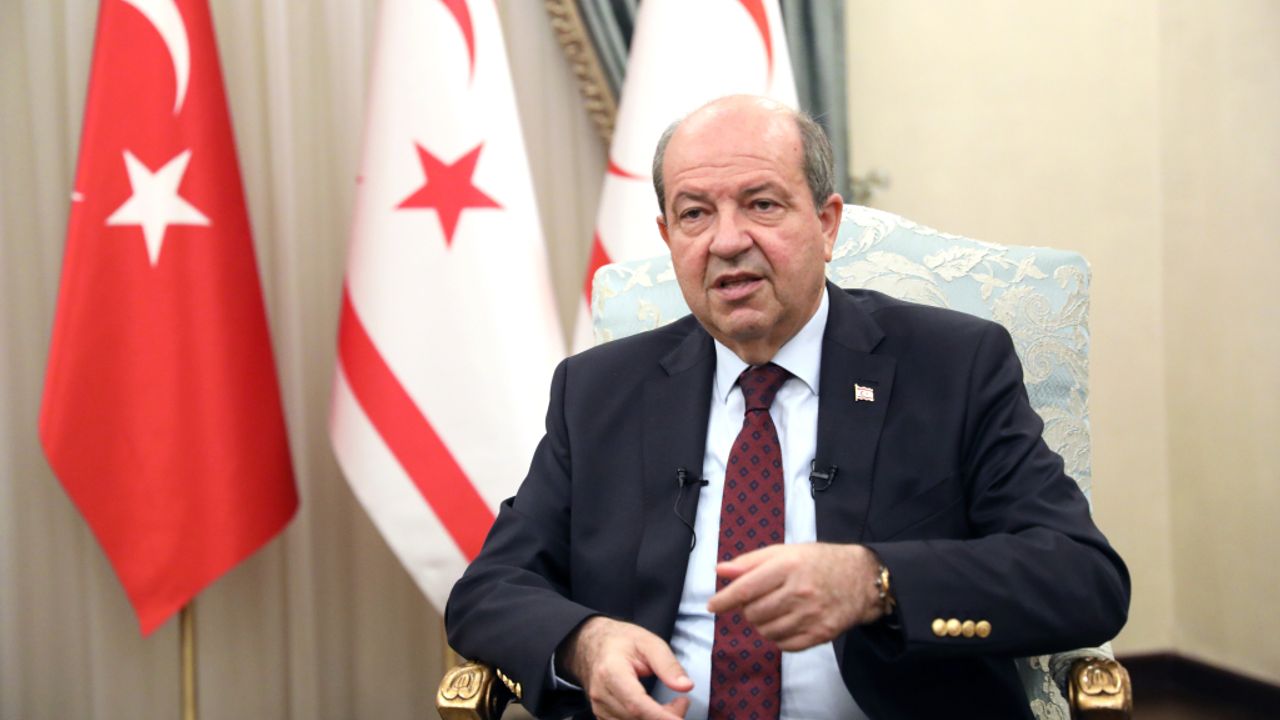Decoding Eurovision: How The Points Are Awarded

Table of Contents
The Two Voting Systems: Jury and Televote
The Eurovision voting system combines two distinct methods: professional juries and televoting. This dual approach aims to balance expert opinion with the popular will of the viewers.
-
Eurovision Juries: Each participating country appoints a professional jury of five music industry experts. These individuals are carefully selected to ensure impartiality and expertise in music. They rank all competing songs, awarding points based on their rankings. The highest-ranked song receives 12 points, the second-highest 10, and so on, down to 1 point for the tenth-ranked song.
- Selection Criteria: Jury members are typically musicians, composers, singers, or music journalists with significant experience in the field. Their identities are kept confidential until after the voting process.
- Points Allocation: The jury’s points are tallied internally before being transmitted to the Eurovision headquarters. This ensures transparency and prevents external influence.
-
Televoting Eurovision: Viewers in each participating country can vote for their favorite song via telephone, SMS text message, or a dedicated Eurovision app. The number of votes each song receives is then calculated, and points are allocated in a similar fashion to the jury voting – with the highest number of votes receiving 12 points, and so on down to 1 point for the tenth-ranked song.
- Regional Variations: While the basic principle of televoting is consistent across all participating countries, there may be slight variations in the specific methods of voting (e.g., phone numbers, app availability).
- Weighting: Typically, the jury and televote scores are equally weighted (50/50), but the exact weighting can vary from year to year. This ensures that both critical and popular opinion contributes significantly to the final result.
Understanding the Eurovision Points System
Once both the jury and televote scores are calculated, they are combined to determine each country's final score. The points allocation follows a specific system:
- Points from 1 to 12: Each country awards points to its top ten favorite songs, with 12 points for their absolute favorite, 10 for their second favorite, and so on, down to 1 point for their tenth favorite.
- The Significance of "Douze Points": The awarding of "douze points" (12 points) is a particularly dramatic moment in the show, often signifying a strong preference and building anticipation.
- Breaking Ties: In the event of a tie in the final scores, specific tie-breaker rules are in place, usually prioritizing the country with a higher televoting score.
This entire points allocation process is meticulously managed to ensure fairness and accuracy in the Eurovision voting process.
The Reveal of the Points: A Dramatic Moment
The announcement of the points is a highlight of the Eurovision Song Contest, a moment filled with tension and excitement.
- Suspense and Excitement: The points are revealed gradually, starting with countries that have scored the least points from a randomly selected starting point. This build-up adds a significant amount of drama and anticipation for the viewers.
- Spokespersons and Running Total: Each country has a designated spokesperson who announces their jury and televoting points. As each set of points is revealed, the running total is updated on the screen, creating a dramatic visual display that keeps the audience on the edge of their seats.
- Live Voting: The live nature of the points announcement, combined with the unpredictable nature of the votes, makes the experience both exhilarating and nerve-wracking for the contestants and viewers alike.
The Impact of Politics and Geography on Eurovision Voting
While the Eurovision Song Contest is primarily a celebration of music, it's impossible to ignore the potential influence of political and geographical factors on voting patterns.
- Neighborly Voting: There's often a tendency for neighboring countries to vote for each other, sometimes referred to as "bloc voting." This can be influenced by shared cultural ties or political alliances.
- Political Factors: Political relations between countries can sometimes subtly impact voting decisions. However, it's crucial to remember that these factors are rarely the sole determinant of the results.
- Past Examples: Analyzing past Eurovision results reveals instances where geographic proximity or political affiliations might have played a role, although this is often difficult to prove definitively. A neutral perspective is always crucial when discussing these subtle influences.
Mastering the Eurovision Points System
In conclusion, the Eurovision points awarding system is a fascinating blend of expert judgment and popular opinion, a system designed to deliver fair and engaging results. Understanding the two voting systems, the points allocation, and the dramatic reveal is key to truly appreciating the competition. By grasping these intricacies, you can follow along with the drama, anticipate the results and even make your own informed predictions. Decode the Eurovision points system further by researching past results and voting patterns. Understand the intricacies of Eurovision voting!

Featured Posts
-
 Ufc 313 All The Kos And Submissions Full Event Summary
May 19, 2025
Ufc 313 All The Kos And Submissions Full Event Summary
May 19, 2025 -
 Cadirda Kuran Ezberi Gazzeli Cocuklarin Inanc Yolculugu
May 19, 2025
Cadirda Kuran Ezberi Gazzeli Cocuklarin Inanc Yolculugu
May 19, 2025 -
 Juan Aguilera Fallecimiento De Una Promesa Del Tenis
May 19, 2025
Juan Aguilera Fallecimiento De Una Promesa Del Tenis
May 19, 2025 -
 Tatar In Kibris Aciklamalari Ve Direkt Ucuslarin Etkisi
May 19, 2025
Tatar In Kibris Aciklamalari Ve Direkt Ucuslarin Etkisi
May 19, 2025 -
 Millionkontrakt For Haaland Tynnplate As Innen Forsvarssektoren
May 19, 2025
Millionkontrakt For Haaland Tynnplate As Innen Forsvarssektoren
May 19, 2025
